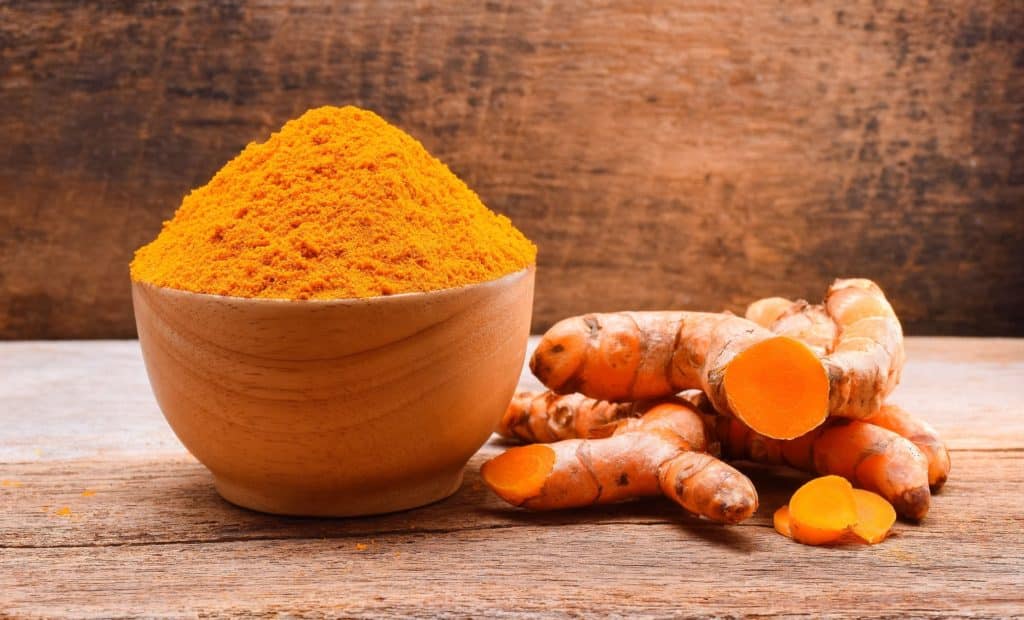Turmeric is increasingly being shown to have favorable influences on various cancer treatments, primarily through its ability to increase rates of apoptosis and with its unique effects on AMPK levels. Numerous investigations within the field of oncology have demonstrated improved chemosensitivity and reduced chemoresistance in tumors with co-treatments of turmeric and chemoagents such as DFMO, a polyamine regulating drug, cisplatin, and others that target DNA damage. These favorable interactions increase the effectiveness of chemotherapy interventions with lymphoma, colorectal, glioblastoma, and breast cancers, among others (1,2,3).
As the authors conclude in a recent paper published in a recent issue of The Journal of Experimental Pharmacology, “Many recent studies conducted by major research groups around the globe suggest the use of curcumin as a chemopreventive adjuvant molecule to maximize and minimize the desired effects and side effects of chemotherapeutic drugs.”(4)
~ John Bagnulo MPH, PhD.
RESOURCES:
1. Murray-Stewart T, Casero RA. Regulation of Polyamine Metabolism by Curcumin for Cancer Prevention and Therapy. Medical Sciences. 2017;5(4):38. doi:10.3390/medsci5040038.
2. Zhou Q-M, Sun Y, Lu Y-Y, Zhang H, Chen Q-L, Su S-B. Curcumin reduces mitomycin C resistance in breast cancer stem cells by regulating Bcl-2 family-mediated apoptosis. Cancer Cell International. 2017;17:84. doi:10.1186/s12935-017-0453-3.
3. Wang X, Deng J, Yuan J, et al. Curcumin exerts its tumor suppressive function via inhibition of NEDD4 oncoprotein in glioma cancer cells. International Journal of Oncology. 2017;51(2):467-477. doi:10.3892/ijo.2017.4037.
4. Panda AK, Chakraborty D, Sarkar I, Khan T, Sa G. New insights into therapeutic activity and anticancer properties of curcumin. Journal of Experimental Pharmacology. 2017;9:31-45. doi:10.2147/JEP.S70568.
